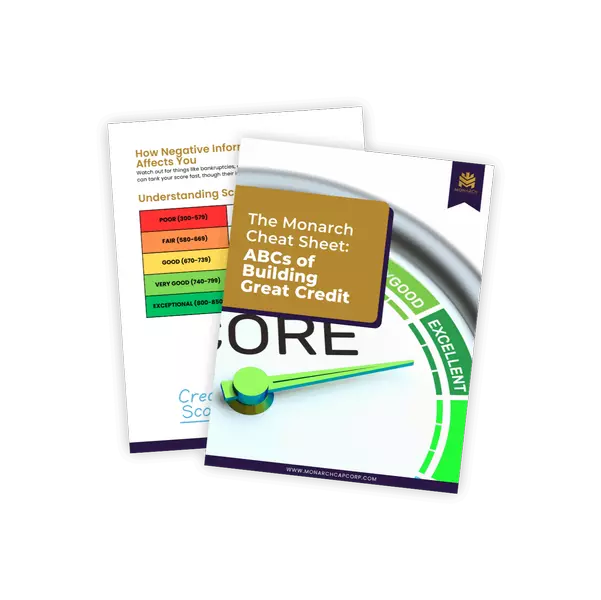Credit Score 101
What Is a Credit Score?
A credit score is essentially a financial report card. Lenders use it to decide whether to give you a loan, a credit card, or any other type of credit. It also influences the terms and the interest rate of the loan. Your score can range from 300 to 850, broken down as follows according to Experian:
Bad: 300-579
Poor: 580-669
Fair: 670-739
Good: 740-799
Exceptional: 800-850
What Makes Up Your Credit Score?
Although the exact formula is a closely guarded secret, the Fair Isaac Corporation (FICO) offers some general guidelines on what goes into your credit score. The key ingredients include:
Payment History (35%): Timely payments on credit cards, mortgages, and other debts play the biggest role.
Red Flags: Bankruptcies, foreclosures, etc.
-Quick Fix: Always pay bills on time.
Amount Owed (30%): This looks at how much of your available credit you're using.
-Quick Fix: Keep balances low and pay off debt regularly.
Length of Credit History (15%): Longer credit history is generally viewed more favorably.
-Quick Fix: Don't close old accounts; age matters.
New Credit & Inquiries (10%): This considers how many new accounts you've opened and how many times lenders have checked your credit recently.
-Quick Fix: Limit hard inquiries; multiple auto or mortgage inquiries count as one if done in a short period.
Credit Mix (10%): A variety of credit (e.g., mortgage, credit cards, car loans) could be beneficial.
-Quick Fix: Maintain a healthy mix but don't open unnecessary accounts.
Bottom Line:
Pay your bills on time
Keep your debt low
Be wise about opening and closing accounts
For a complimentary credit analysis with our trusted partner, Click Credit Solutions
Download our free credit guide below.

